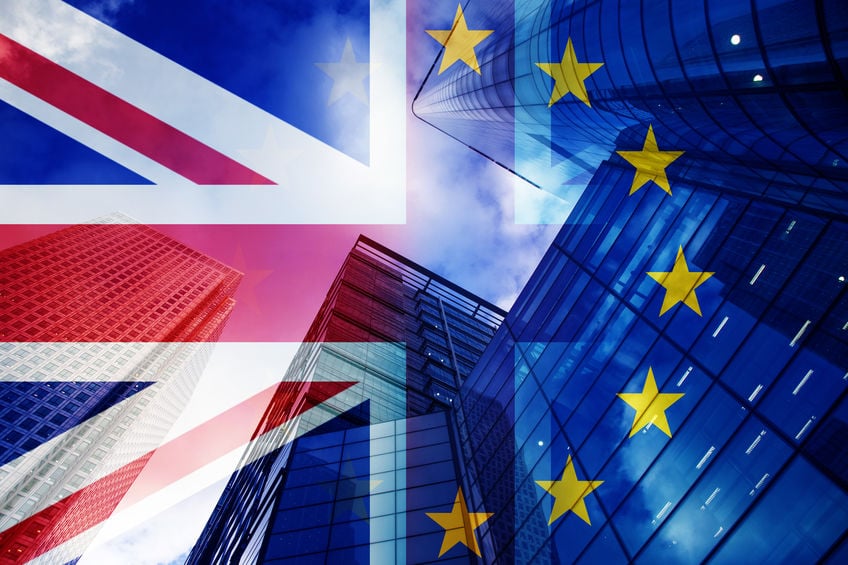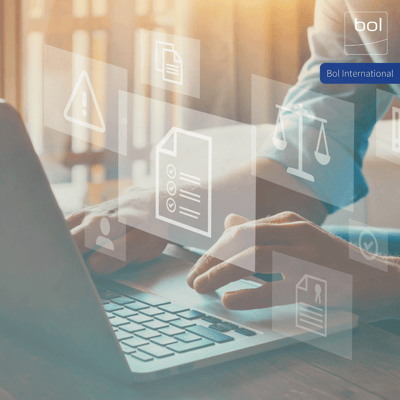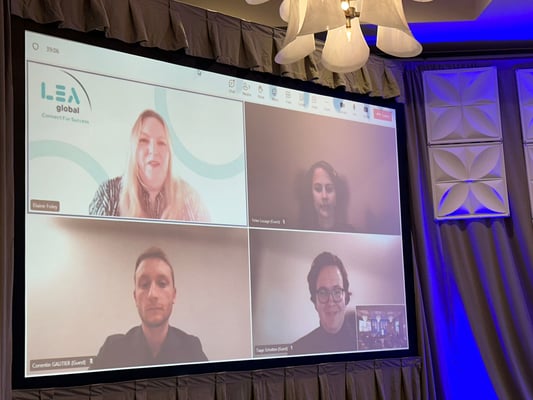News
Brexit: Implications for VAT, and import & export
Stephen Bruton |
Nearly five years after the UK voted to leave the EU, businesses on both sides of the divide – EU companies trading with the UK and vice versa – must now embrace a new way of working. One of the biggest challenges of Brexit for both importers and exporters will be navigating the new customs and VAT arrangements that are now in place between the UK and EU. It pays to be prepared; below, we look at some of the specific issues that may be facing your business.
Supplying goods to the UK from the EU
Companies selling to the UK from the Netherlands (or other EU markets) will find themselves trading with one of two categories of UK customer:1. VAT-registered companies or entrepreneurs earning above the £85,000 (€93,000) annual threshold
When dealing with a VAT-registered buyer, your first priority is to clarify the Incoterms (‘International Commercial Terms’) with your customer before finalizing any transaction. Incoterms are an agreement between buyers and sellers specifying which party is responsible for paying the costs associated with delivery, namely the payment of import duties or even shipping and insurance costs. Clarification on customs duties is essential: if the responsibility falls on you, as the seller, you will be responsible for paying UK government import duties post-Brexit. To do this, you will be required to provide an EORI (‘Economic Operators Registration and Identification’) number, which will be included on the Customs Declaration at the port or airport in the Netherlands and the UK. You will also need to register for VAT payments in the UK in advance of any shipment. Alternatively, the agreed Incoterms may put the responsibility for importation on the buyer, in which case your responsibility as the seller ends at the customs gate and you will not need to be VAT registered. It is important to be proactive and agree the terms of sale with your customer as early as possible.2. Private individuals or non-VAT-registered companies or entrepreneurs
When selling to private individuals (or a UK customer who is not VAT registered), the administrative burden will most likely fall on you as the vendor. Your customer, having purchased goods from you, will likely be expecting costs and administrative issues to be included as part of the ‘package’ – and will not want any unpleasant surprises down the line. In this scenario, you will almost certainly need to arrange VAT registration in the UK. You will also need an EORI number to be able to complete the transaction. Whatever your customer base, we recommend consulting with a UK tax advisor to explore the specifics of your situation, but especially if you trade with companies or individuals without a VAT number.Moving goods from the UK to the EU
From January 1, 2021, buyers and sellers will also face additional requirements when bringing goods into the EU from the UK. These requirements mirror the considerations facing EU–UK buyers and sellers, but in reverse. Buyers bringing goods into or through the Netherlands will again need to carefully check the Incoterms with their counterpart in the UK. As the EU-based recipient of the goods, you will want to know whose responsibility it is to cover import duties, as well as costs for shipping and insurance. UK sellers will need to secure an EORI number and then register for VAT in the Netherlands. This second task can be arranged via a Dutch VAT representative, who can help ensure smooth passage for your goods into and/or through the Netherlands. Your representative may also be able to help you take advantage of beneficial tax regulations in place in the Netherlands, including by arranging to defer VAT payments using what is known as an Article 23 license.Expert support when you need it
Without a doubt, Brexit creates new challenges and raises plenty of questions. However, it is important to keep things in perspective: after all, trade flows smoothly between the EU and Norway and Switzerland, two countries that, like the UK, fall outside the Customs Union. The important thing is to stay informed about where the implications for your business and your responsibilities lie, and to take action as early as possible to prevent potential roadblocks. At Bol International, our experienced tax and VAT advisors are on hand to help you understand your situation and to provide any advice and support you might need. Contact us today to speak to a member of our team.
Tags

Stephen Bruton


